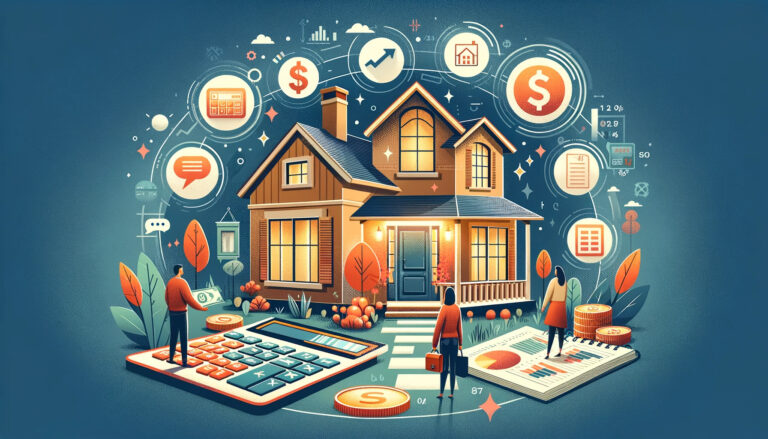Navigating Your First Home Purchase
Understanding Affordability and Key Considerations

Buying your first home is a significant milestone, but it can also be a complex process fraught with financial nuances and important decisions. Understanding how much home you can afford and what to look for is essential in making a decision that’s both financially sound and in line with your lifestyle needs.
IMPORTANT NOTE: For those who might be looking to get into a home that may require some renovations, but at a lower pricepoint than you would find on the market, we have properties coming in all the time that might be exactly what you are looking for. Join our buyers list today, absolutely free of charge!
Understanding Affordability
1. Assess Your Financial Health
- Income Analysis: Start by evaluating your income. Consider not just your salary, but any additional income sources.
- Debt-to-Income Ratio: This ratio is key in determining how much debt you can comfortably manage. Most lenders prefer a ratio lower than 36%, with no more than 28% going towards the mortgage.
- Emergency Funds: Ensure you have enough savings to cover unexpected expenses without impacting your ability to pay your mortgage, in the event you lose your job, must take extended leave, or any other situation that could impact your income.
- Expenses: Lastly, it is crucial to understand your existing expenses and how they will fit into your budget once a mortgage payment is added on top of it. Consider limiting as many expenses on “want” items as possible to lower your monthly spend.
2. Pre-Approval for a Mortgage
- Getting pre-approved for a mortgage gives you a clear idea of how much a lender is willing to finance. It takes into account your credit score, income, debts, and employment history.
- This will likely be the first thing you are asked by a realtor whenyou want to beginn searching for homes, is “Are you pre-approved?” This is the best way to prove you are a legitimate buyer, and serious about taking action.
3. Consider Additional Costs
- Owning a home involves more than just mortgage payments. Property taxes, home insurance, maintenance, and potential homeowner association fees should also be factored into your budget.
What to Look For in a Home
1. Location
- Consider the proximity to work, quality of local schools, access to amenities, and the overall safety and appeal of the neighborhood.
2. Size and Layout
- Think about your current and future lifestyle needs. A home that’s too large can be as much of a financial burden as one that’s too small.
3. Resale Value
- While you’re buying a home for the present, it’s wise to consider its potential resale value. Look for homes in areas with growing value.
4. Home Inspection
- Before finalizing the purchase, have a professional home inspection. This can reveal hidden problems that could cost you down the line. Professional home inspections are pricey, but can save you from hidden issues that will cost you THOUSANDS to address.
Conclusion
Buying your first home is an exciting journey that requires careful financial planning and thoughtful consideration of what you truly need in a home. By understanding what you can afford and what to look for, you’ll be better equipped to make a decision that aligns with both your financial and lifestyle goals.
Remember, home ownership is a long-term commitment and being well-prepared can make this experience both rewarding and financially sustainable.




